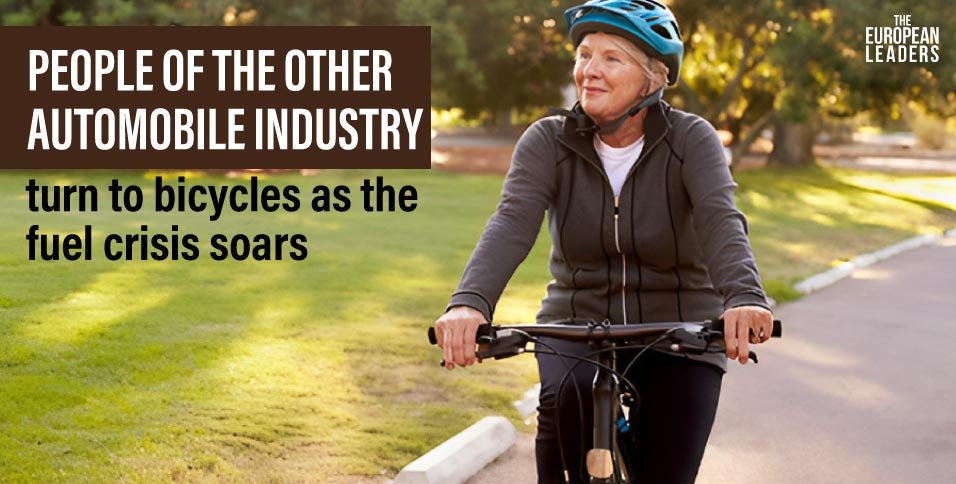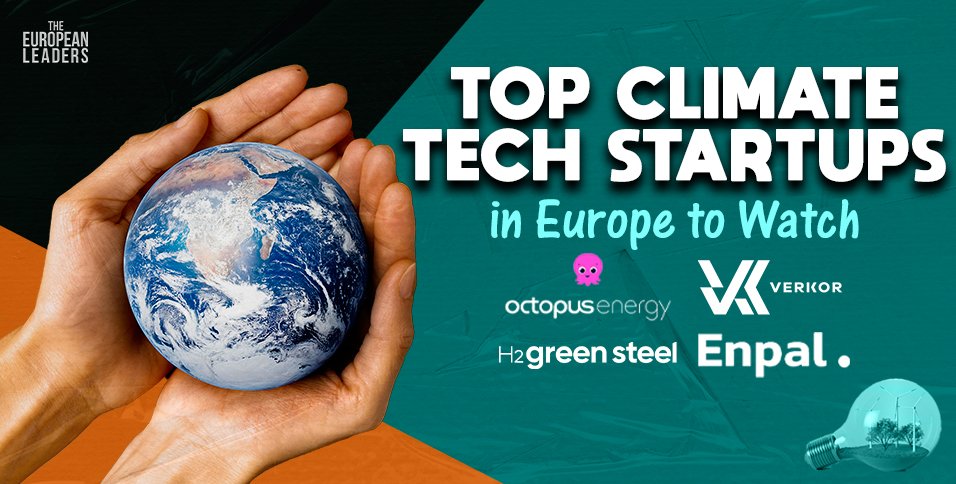The rise in fuel poverty has not only prompted individuals to seek affordable commuting options but has also spurred a broader cultural shift towards embracing cycling as a means of reducing environmental impact and promoting healthier lifestyles. As a result, the cycling industry in Europe has experienced a sudden boost, positioning itself as a vital component of the region’s response to the fuel poverty crisis.
In 2019, a Eurobarometer survey highlighted the prevalence of privately-owned bikes and scooters, including electric ones, as the primary mode of transportation for 8% of EU citizens on a typical day. The Netherlands emerged as a standout, with a remarkable 41% of Dutch respondents favoring bikes or scooters as their primary means of transport. Sweden followed at 21%, with Germany recording a rate of 15%. Only seven countries surpassed the EU average in bicycle and scooter usage, including Hungary (14%), Finland (13%), and Denmark and Belgium, both at 12%. In contrast, Portugal and Cyprus did not report bikes or scooters as the primary mode of transport, while the UK and France reported rates of 2% and 3%, respectively. Surprisingly, more than 70% of respondents across the EU admitted to never cycling. Noteworthy rates of non-cycling were observed in Malta (93%), Cyprus (82%), Portugal, and Greece (both 75%), as well as Spain (73%). The UK and Bulgaria exhibited a 69% rate of non-cycling. Conversely, the Netherlands boasted the lowest rate of non-cycling at 13%, with the Nordic countries averaging around 20%. In EU capitals, Copenhagen led the way, with nearly half of its residents (49%) relying primarily on bicycles for transportation, according to data compiled by the European Cyclists’ Federation (ECF).
Amidst the automotive industry’s impending job losses due to increased competition and the shift away from combustion engines, bicycle manufacturers are offering opportunities to displaced workers from the auto sector. Europe’s automotive industry faces an uncertain future marked by heightened competition from Chinese carmakers and a transition away from traditional combustion engines in favor of zero-emission vehicles. As a response to potential job cuts, the bicycle manufacturing sector is unexpectedly stepping in as a refuge for displaced auto employees.
The growing demand for electrically assisted e-bikes has created a need for a more skilled workforce in the bicycle industry, prompting a call for EU support to facilitate worker retraining. In line with Brussels’ ambitious goal of achieving climate neutrality by 2050 and transforming carbon-intensive industries, the EU’s “Just Transition” framework aims to prevent an increase in unemployment and a decline in living standards. To fulfill this commitment, the EU has initiated programs to assist workers affected by the green revolution, including retraining coal miners for roles in the renewable energy sector. A significant fund of €55 billion has been allocated to support the regions most impacted by this transition.
Also Read: What the businesses of UK can do about the rising cost of living








